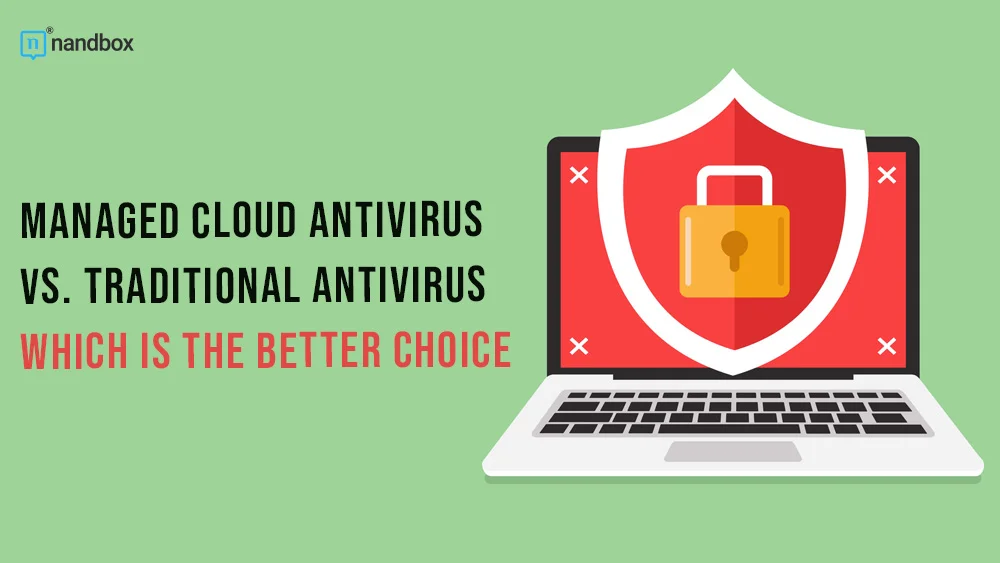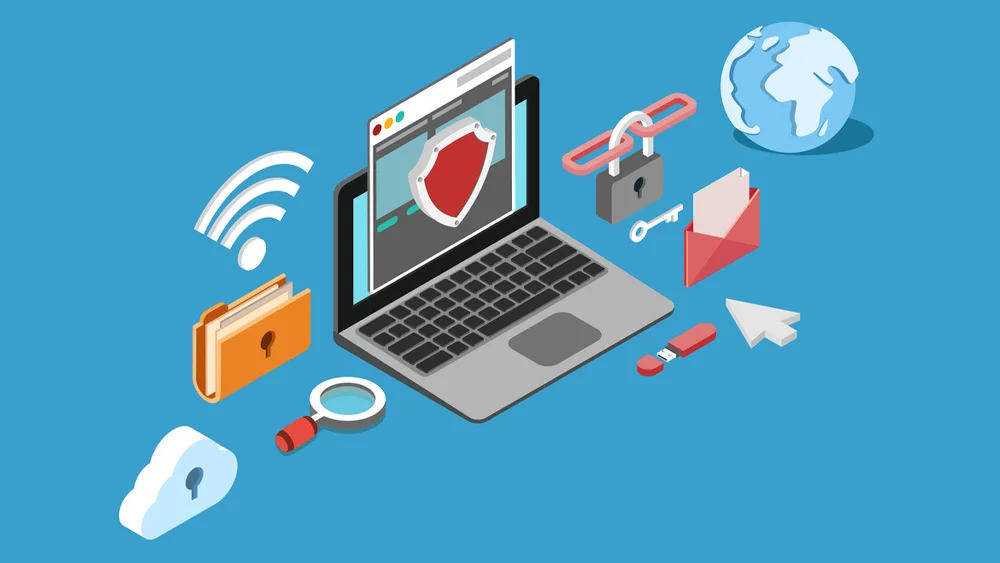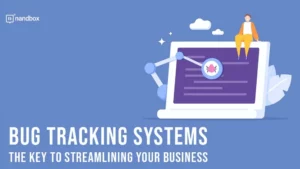Which Is Better: Managed Cloud Antivirus or Traditional Antivirus?
Today, companies are increasingly faced with the choice of antivirus to protect their valuable data and systems. Traditional antiviruses have been popular for many years, but technologies are developing and improving, and managed cloud antivirus has replaced them. The question arises regarding which is better to choose for your company, cloud antivirus vs. traditional antivirus, which we will discuss later in the article.
Features of each antivirus
Managed cloud antiviruses have advanced features and capabilities that set them apart from traditional antivirus software. For example, you can perform real-time threat analysis, proactive threat detection, and automatic updates to stay ahead of evolving cyber threats. Behavioral analysis, machine learning algorithms, and sandboxing techniques enable cloud-based antivirus solutions to detect and mitigate threats at their inception effectively. The scalability and flexibility of cloud solutions ensure complete integration with various devices and operating systems, providing comprehensive protection for the entire network. With centralized management, threat monitoring, and reporting capabilities, managed cloud antivirus offers companies a sophisticated defense mechanism against complex cyber threats in today’s digital environment. The robust features and capabilities of Managed Cloud Antivirus make it a compelling choice for organizations that need advanced cybersecurity protection and peace of mind.
Ease of Use and Deployment
One of the significant advantages of managed cloud antivirus solutions is their ease of use and deployment. With cloud-based deployment, businesses can eliminate the complexities and administrative overhead associated with manual installations and updates on individual devices. Managed cloud antivirus solutions provide a centralized management platform, simplifying the deployment of antivirus software across multiple devices and ensuring consistent updates and protection. This streamlined approach saves time and resources and enables businesses to scale their antivirus capabilities effortlessly. Additionally, cloud-based solutions often offer user-friendly interfaces and intuitive dashboards, making it easier for IT teams to manage and monitor the antivirus infrastructure effectively. The ease of use and deployment of managed cloud antivirus solutions make them attractive for organizations looking to optimize their cybersecurity operations and minimize the burden on their IT departments.
Performance and Reliability
Performance and reliability are crucial factors to consider when selecting an antivirus solution. Managed cloud antivirus solutions excel in both aspects. By leveraging the power of cloud resources, these solutions offload the processing and storage requirements from local devices, resulting in minimal impact on system performance. The cloud-based architecture enables real-time scanning and updates without slowing the devices or affecting user productivity. Moreover, the scalability and reliability of cloud-based solutions ensure consistent protection across all connected devices, regardless of the network location. On the other hand, traditional antivirus software, while effective, may strain system resources, leading to potential slowdowns and reduced performance. Furthermore, the reliance on local infrastructure may result in disruptions or vulnerabilities if not monitored and maintained effectively. For organizations seeking optimal performance and unwavering protection against cyber threats, managed cloud antivirus offers a robust solution with superior performance and reliability.
Cost and ROI
Cost considerations are crucial to choosing an antivirus solution, and managed cloud antivirus solutions offer several advantages. These solutions typically operate on a subscription-based model, allowing businesses to pay for their antivirus needs based on usage and the number of devices. This approach offers predictable and scalable pricing structures, making budgeting and cost management more manageable. Additionally, managed cloud antivirus eliminates the need for dedicated hardware or infrastructure, reducing upfront capital expenses. With centralized management and automated updates, businesses can save on IT administration costs. Furthermore, the robust protection provided by cloud-based solutions can prevent costly data breaches, downtime, and reputational damage. When assessing return on investment (ROI), managed cloud antivirus solutions can deliver long-term savings and operational efficiency. By considering the cost benefits and the value-added protection of managed cloud antivirus, businesses can make an informed decision that aligns with their budgetary requirements and emphasizes their cybersecurity goals.
Conclusion
Therefore, to choose the right option for you, you need to research each of them and consider your business’s needs. While conventional antivirus software has been steadfast in its cybersecurity protection, today’s threat landscape and the dynamics of digital environments have fueled the rise of managed cloud-based antivirus solutions. By leveraging the flexibility, scalability, and advanced features of cloud-based antivirus solutions, companies can address complex cybersecurity challenges and achieve a higher level of protection early. Ultimately, companies must evaluate their unique requirements and consider the long-term benefits of managed cloud antivirus to make informed and effective choices about protecting their digital assets.






